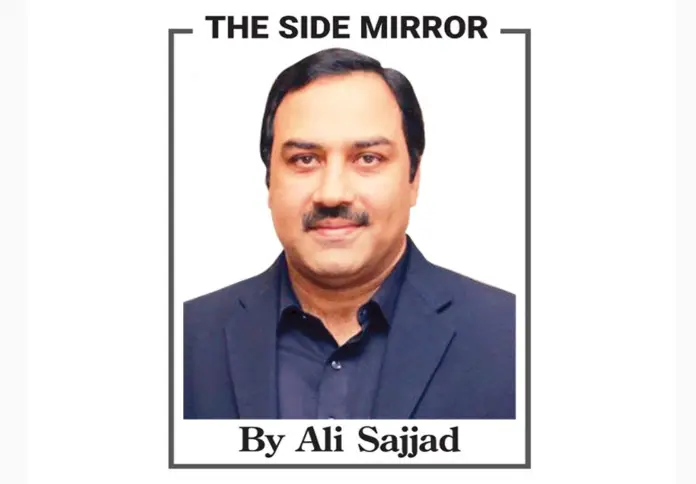Recently, Gen Qamar Javed Bajwa concluded his low-profile visit to the US. I will call it a low-profile in the sense that before his departure to the US, there was no frenzied activity in the local media. Otherwise, any high-profile personality – be it the prime minister, foreign minister, or finance minister – becomes the centre of attraction and attention before the flight takes off.
The low-profile visit, however, did not remain a low-key visit once the army chief landed in the US, and spoke at different events. It was his talk, his vision, which made the visit an international affair. Consider. Both the US and Pakistani military and political leadership view Gen Qamar Javed Bajwa’s six-day trip to Washington as a sign that the outgoing general helped improve tense relations with the West. US Secretary of Defense Lloyd Austin welcomed Gen Bajwa to the Defense Department for a meeting with senior American military leaders.
This underscores the importance of Gen Bajwa’s military diplomacy. He is a man of few words, but his actions speak for themselves. It is important to note that the army chief undertook the visit to the US when most parts of the country were under floods, and almost 30 million people were displaced. Gen Bajwa spoke about strengthening cooperation beyond security and intelligence, according to a release from ISPR. According to the report, US officials concurred that the two nations’ long-standing ties “shall continue improving through economic ties, trade, and investment,” and the Bajwa emphasised the importance of continuing Pakistan’s assistance for flood relief and recovery following this summer’s devastation caused by the monsoon rains.
Pakistan and the US have been through years of mistrust and suspicion during the two-decade-long war in Afghanistan, which wreaked havoc on Pakistan. We only know the price paid by the country. Side by side, both countries are in joint celebration of the “75 years of relationship or friendship”. To mark the occasion, the Pentagon said, “This long-standing partnership continues today with discussions focused on opportunities to address key mutual defence interests.” According to the ISPR, Gen Bajwa also had meetings with Jake Sullivan, the White House’s national security adviser, and Wendy Sherman, the deputy secretary of state. The specifics of “private diplomatic exchanges,” according to the State Department, were not discussed.
It is important to remember that while the US no longer has a pressing need for Pakistan, Pakistan does not want to be forgotten by the world’s superpower. Additionally, Gen. Bajwa represents the state rather than a certain political party inside the government, and the state desires to reestablish links with the West. Other than Afghanistan, the geopolitical battle, and global competitiveness, between the United States and China would have a significant impact on ties between Washington and Islamabad.
Other than the international perspective, the army chief’s visit to the US was an interesting event for domestic politics. When Gen Bajwa was talking about better Pakistan-US ties in Washington, back home in Pakistan, former prime minister Imran Khan was roaring about the “American plot”. This made Gen Bajwa’s job difficult to mend Pakistan’s frayed relations with the US.
Gen Bajwa is set to retire after completing his second term in November.
His visit was being widely watched since some connected it to the next army leadership transition that is anticipated for November. There were rumours that his presence may indicate that the administration may prolong his already lengthy appointment. Gen Bajwa, however, watered down such rumours and announced that he would retire in November. Period. Gen Bajwa may be leaving in a few weeks, but his diplomacy for Pakistan will be remembered. Americans have complimented General Bajwa’s regional security initiatives.







